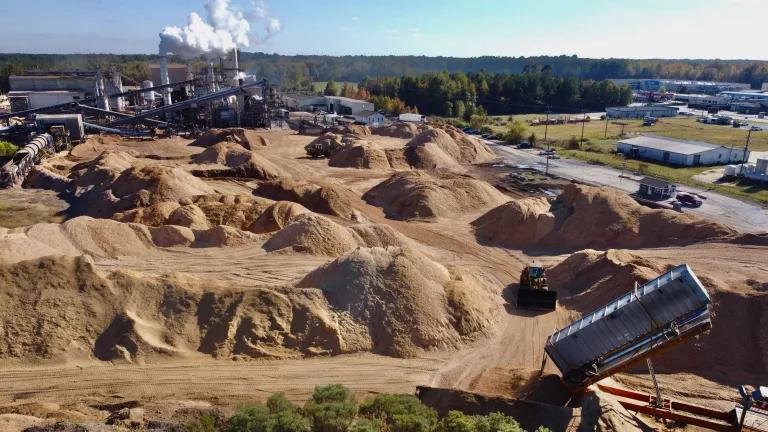Charting a Course to a Healthier Nation with Climate Action
Today marks the start of National Public Health Week, a time to both celebrate the work of health professionals and to focus on how we can make our country healthier. This year’s theme is “Healthiest Nation 2030” – the perfect launching pad for a new report by the U.S. Global Change Research Program about how climate change threatens the health of every American.
“The Impacts of Climate Change on Human Health in the United States: A Scientific Assessment” is part of an ongoing effort to inform the nation about how the climate is changing, how it might change over time, and what those changes mean for our daily lives. For this report, eight federal agencies and more than 100 experts synthesized an enormous body of recent scientific data about climate-related health impacts in the United States. The impacts range from the direct threat of increasingly extreme heat, to less direct threats like how rising temperatures affect food safety and water-related illnesses.
The health assessment reaffirms what scientists have long known: Climate change poses many different challenges to our health and well-being, and the more carbon pollution we put into the air, the worse things will get. In addition to building on the 2014 Third National Climate Assessment and other recent synthesis reports, this new report includes detailed discussions of how well scientists understand particular health impacts. This additional context can help public health professionals and other leaders decide how best to protect the most vulnerable among us from the harms of climate change.
This important new report goes into great depth, so stay tuned for more analysis where I’ll dive more deeply into the health assessment and what it means to all of us.


